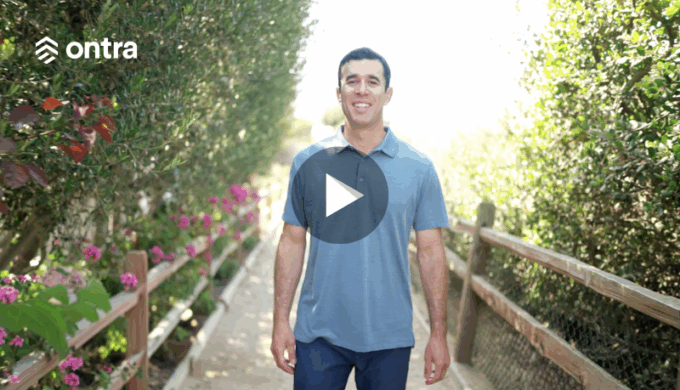Video
Resources
Featured Post


Webinar
What’s New @ Ontra – Q3 Product Releases
Register Now

Webinar
Purpose-Built Tech for PE: Accelerate Execution, Drive Growth
Watch Now

Webinar
The AI Data Privacy Playbook: Essential Strategies for Private Markets
Watch Now
Explore all resources
Filter By
Filter content just for you
Topic:
- Accord
- Contract Automation
- Contract Automation & Intelligence
- Contract Intelligence
- Contract Management
- Legal Outsourcing
- Legal Technology
- Entity Management
- Regulatory Compliance
Type:
- Customer Story
- Event
- Guide
- Video
- Webinar
- White Paper
Get back to the high-value work your team loves—and your company needs
Tap into a more efficient and effective way to handle routine legal workflows
Request Demo


